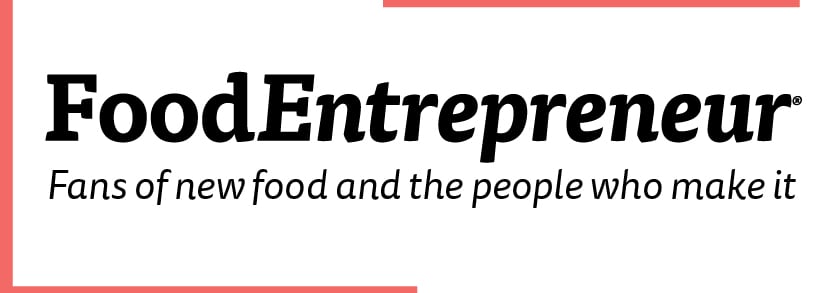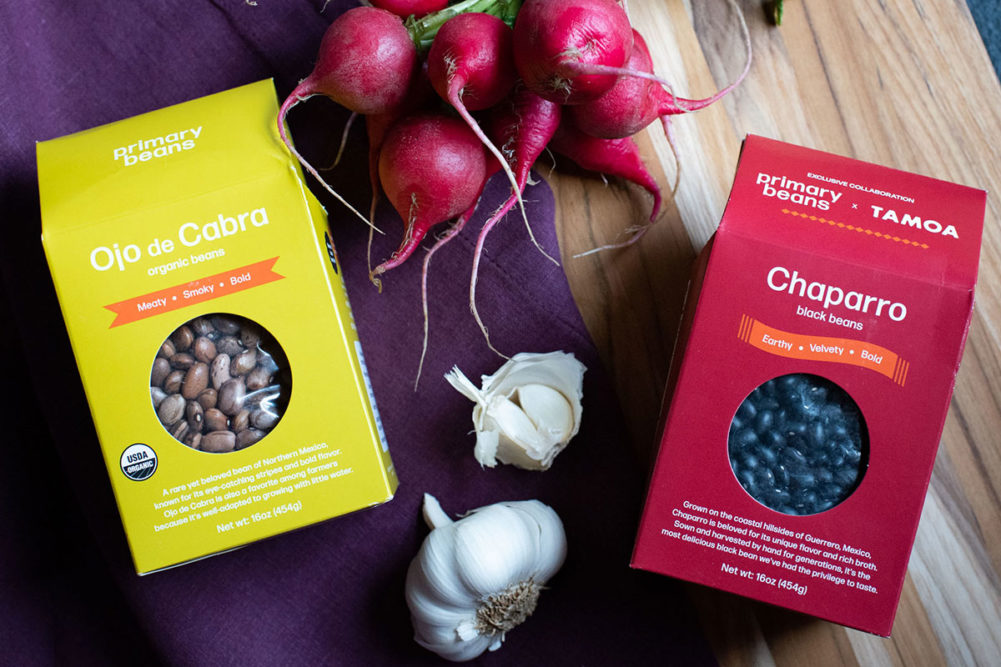 SEATTLE — The pandemic fueled a legume boom, as shoppers packed their pantries with canned and dry beans. A Seattle startup is bringing a fresh twist to the category, which continues to benefit from strong consumption trends.
SEATTLE — The pandemic fueled a legume boom, as shoppers packed their pantries with canned and dry beans. A Seattle startup is bringing a fresh twist to the category, which continues to benefit from strong consumption trends.
Primary Beans sources directly from farms across North America to deliver dried heirloom varieties that are regeneratively grown and fully traceable. Offerings range from cannellini beans and chickpeas to rare and regional types such as Chaparro and Mayacoba beans. The products, which are available at primarybeans.com, were harvested late last year or early this year and packed a month or two after.
“When you think about the commodity bean landscape in the US, it’s kind of hard to know how old your beans are, and that really impacts flavor and your overall experience cooking dry beans at home,” said Lesley Sykes, co-founder and chief executive officer. “I realized there was a lot of misinformation out there carried down through the generations of probably people using old beans to begin with because beans have been commoditized for a really long time. I just thought I could take my knowledge and experience with supply chains and agriculture and then apply that to beans.”
Ms. Sykes, who launched the business with her sister, Renee, studied nutritional sciences at the University of Arizona and received a master’s degree in agriculture and environmental science and policy at Tufts University. She began her career as supply chain manager for a non-profit developing markets and brokering fresh produce for small family farms. For three years she was program manager at a third-party environmental, sustainability and food quality certifier and standards developer. She also holds an executive role at her family’s business, The Sykes Co., a fresh produce importer and marketer.
“Early on I was exposed to this idea of entrepreneurship and getting involved in disrupting supply chains more in the fresh produce space,” Ms. Sykes said. “I constantly draw on that experience.”
Primary Beans debuted in late 2020, amid a home cooking renaissance. Ms. Sykes partners with farmers in Montana, Idaho, Michigan and Mexico to grow lesser-known varieties, some of which have cultural significance in those communities.
“The farm we work with in Zacatecas, Mexico, I went down there and talked to them and said, ‘What are some of the varieties you are excited to grow?’ and a lot of them actually said 20 years ago there was something people grew and there was a market for, but as the government incentivizes different production areas to grow more exportable varieties like pinto and black beans, they kind of fell out of favor. So, there are these old regional favorites that I was really excited about because they tend to be more flavorful and more interesting.”
The startup also taps into breeding programs at universities to source new varieties. In April, the brand introduced Southwest Gold, developed at the University of California, Davis. The bean is derived from Zuni Gold, which has been grown for centuries in southwestern states, and has been adapted to resist disease and improve yields. The variety was selected among eight samples last spring by a group of testers as part of Primary Beans’ pilot project, rated favorably on flavor, texture and appearance.
“Our Pilot Project was a rare and special opportunity to be part of the future of our food system, and one I’m incredibly proud of,” Ms. Sykes said. “Knowing where your food comes from doesn’t get more personal than this — and I hope it’s just the first of many chances to bridge the gap between farms, breeders and home cooks.”
While the business is mostly online, Primary Beans is expanding into independent and specialty retailers. With its single-origin sourcing model, partnering with a national distributor “doesn’t make a ton of sense,” Ms. Sykes noted.
“Now that we’re three harvests in and have our new packaging — there’s a lot of costs; freight, for example, is killing us — but every year we see incremental growth, and I am able to see the efficiencies that come with scaling,” she said. “In terms of scaling, we’re hoping to shift the needle in the US to making these fresh and varied beans more accessible. So being on more retail shelves and growing our direct-to-consumer audience, too, is a really healthy mix for the future of the company, and we’re on that track.”
Enjoying this content? Learn about more disruptive startups on the Food Entrepreneur page.





